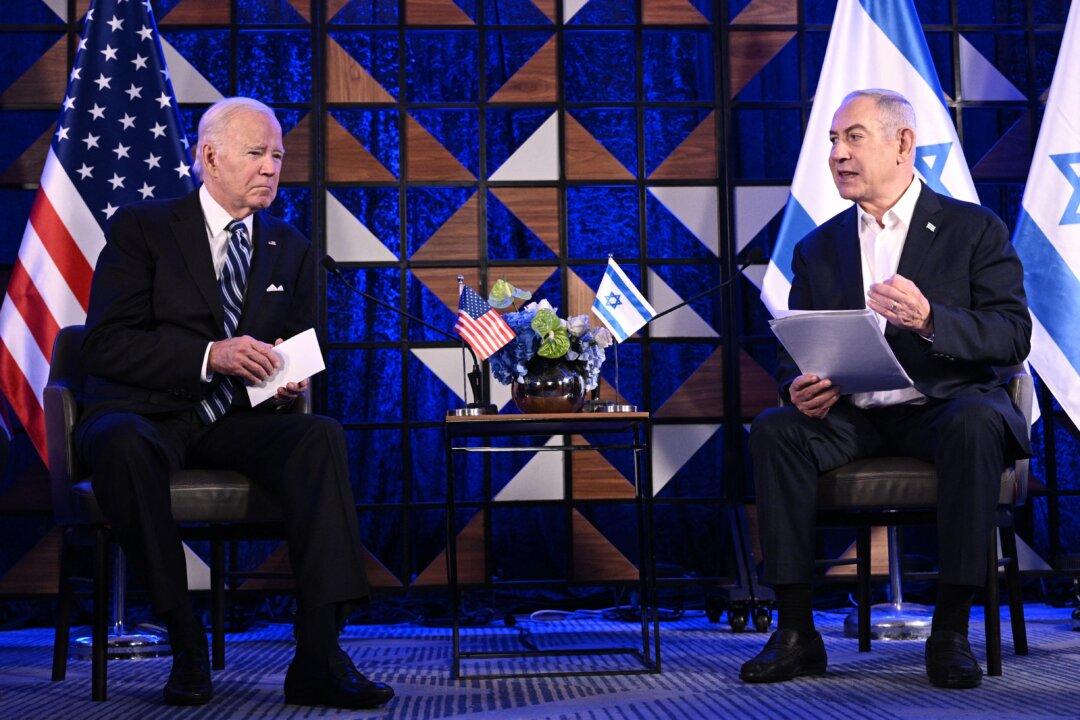Israel and the United States are on high alert this week as Iranian officials continue to vow revenge for a July 31 blast that killed Ismail Haniyeh, the political chairman of Hamas—a U.S. and Israeli-designated terrorist group.
While the Israeli government has not acknowledged responsibility for the explosion in Tehran, officials from Iran and Hamas were quick to point to the United States and Israeli governments.





